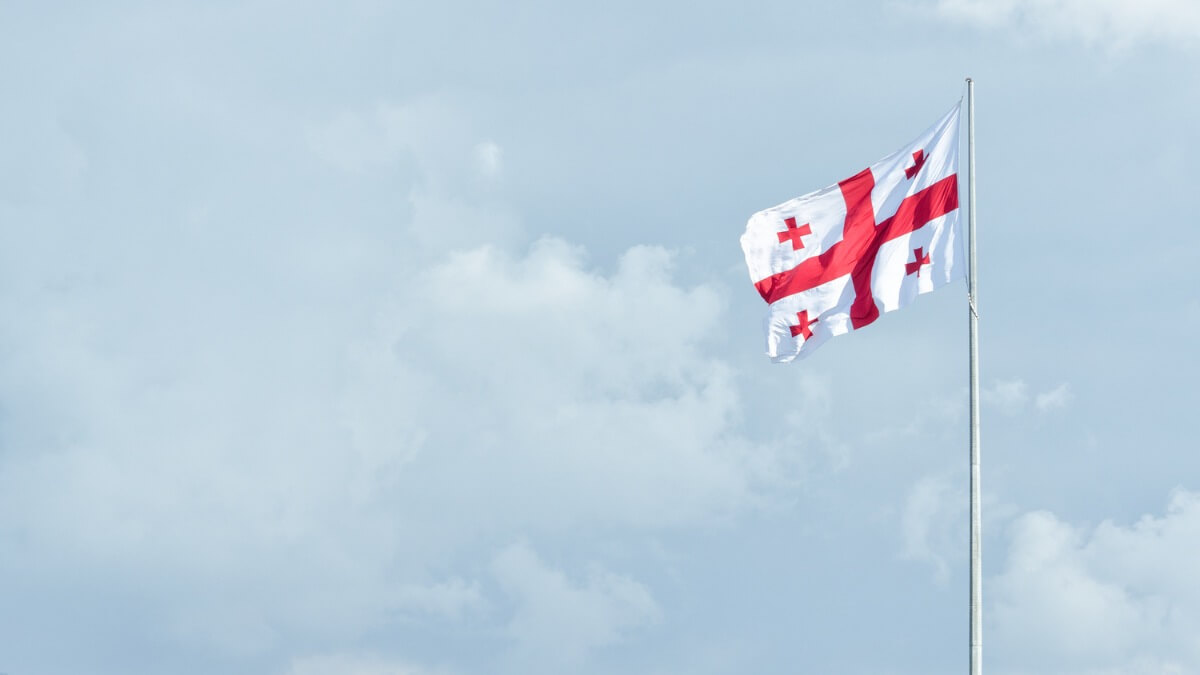
Is a VPN needed in Georgia?
Georgia has an “Average” Privacy Protection Index (PPI) rating, which means that the country provides a moderate level of privacy protection for VPN users. The Georgian government has shown a commitment to internet freedom and does not impose mandatory data retention policies on VPN providers. However, there have been instances of government surveillance and censorship. In terms of copyright and P2P sharing, Georgia’s enforcement of copyright laws is relatively lax, which could be beneficial for users engaged in file-sharing activities. Streaming and accessing geo-restricted content may be possible, but it could be limited by the country’s developing infrastructure and international connectivity.
Georgia, the small country situated at the crossroads of Eastern Europe and Western Asia, is known for its diverse culture, rich history, and rapidly modernizing society. When it comes to digital rights, the country’s stance is generally liberal, emphasizing free speech, open internet, and technology’s significant role in society.
Freedom of expression, including online, is legally protected in Georgia. There have been few instances of government-imposed censorship, and the digital landscape remains relatively open. However, sporadic reports of political pressure on media outlets and individual journalists highlight the need for continued vigilance. Misinformation laws don’t exist specifically, but defamation is criminalized, potentially affecting online speech.
On the front of P2P sharing and torrenting, Georgia doesn’t specifically outlaw these practices. There are no reports of torrent websites being blocked, and Georgians can access popular streaming platforms without government-imposed restrictions. However, copyright laws exist, and their enforcement applies to online material too.
When it comes to government surveillance, Georgia has been implicated in some controversies. A case in point is the 2012 political scandal known as the ‘Brooms Case’, where secretly filmed videos of politicians were used for alleged political manipulation. ISPs are not explicitly required by law to retain customer data for a specific period, and Georgia is not a part of any global surveillance alliances like the ‘Nine Eyes’ or ‘Fourteen Eyes’. Nonetheless, the political climate has, at times, sparked concerns about digital privacy.
Georgia took a significant step towards privacy protection with the Personal Data Protection Law passed in 2012, and the establishment of the State Inspector’s Service in 2019. This body, independent from the government, supervises the lawfulness of data processing and takes measures against violations. However, public awareness about digital privacy is still developing.
In terms of VPN usage, Georgians can legally use VPNs. They are a popular choice for those who wish to enhance their digital security and bypass any possible geo-restrictions from foreign websites.
Despite being a post-Soviet state, Georgia has demonstrated progress in digital rights. That said, balancing these rights with national security considerations, political pressures, and societal norms continues to be a complex task. Georgia can look towards countries like Estonia, a neighboring European nation acclaimed for its digital society and respect for digital rights, as a source of inspiration and learning.
In summary, while Georgia maintains an overall commitment to free speech and open internet, it’s essential to continue monitoring the political climate’s impact on these digital rights. By doing so, the country can continue its progress, preserving the autonomy of individuals while ensuring a secure digital environment.
Considering Georgia’s “Average” PPI rating, it is advised to approach VPN servers in the country with healthy skepticism, carefully weighing the pros and cons before making a decision. For users who prioritize privacy and latency, an alternate location such as Romania might be more suitable. Romania has a more advanced digital infrastructure, better international connectivity, and stronger privacy protections. Additionally, the country has a favorable stance on copyright enforcement and P2P sharing. This combination makes Romania a more appealing choice for VPN users seeking a balance between privacy, latency, and access to content compared to Georgia.

Leave a Reply